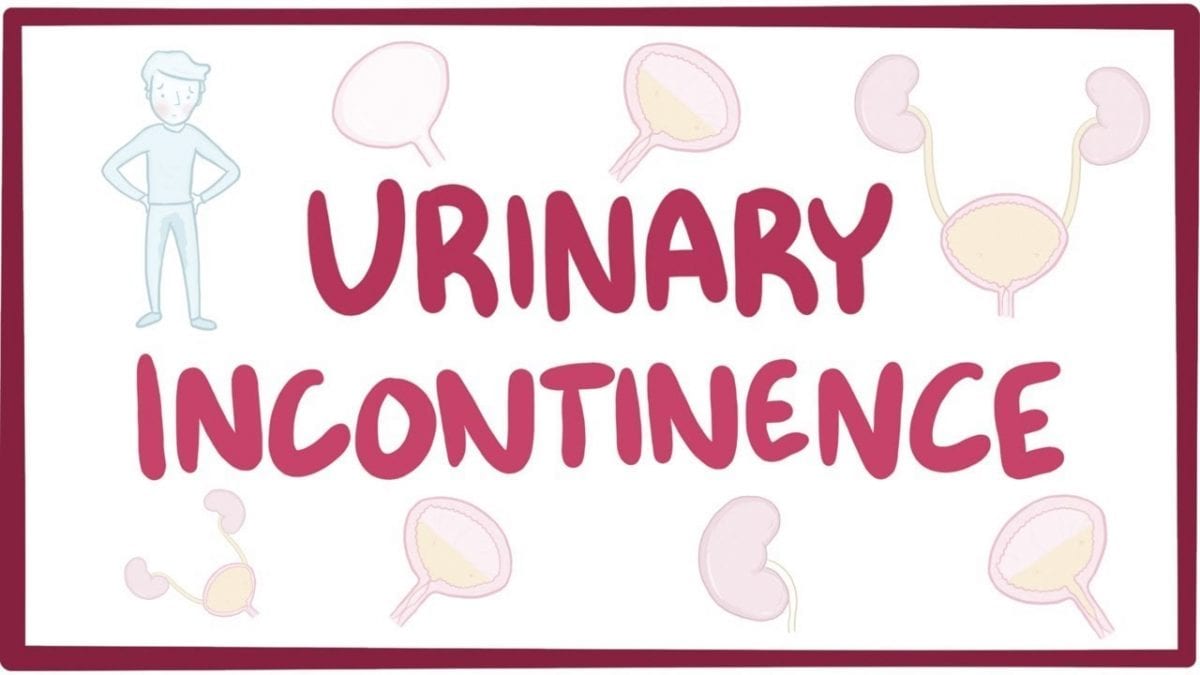Urogynecology issues could affect both the bladder and the pelvis of the patients, and this could have a negative impact on their lives. Common problems associated with urinary incontinence affecting women include urinary leakage, pelvic prolapse, lower bowel dysfunction, bladder infections, and postpartum pelvic floor complications. Miami, FL urogynecology has collaborative expertise with specialists who could help you deal with gynecology and obstetrics needs.
Bladder conditions occur when the tissue supporting the pelvic organs are stretched and damaged, and the organs such as the bladder, uterus, intestines, and rectum could press against the walls of the vagina. Women are likely to face pelvic prolapse during childbearing, and this mostly results from obesity
Urinary Incontinence
Urinary incontinence affects more women of childbearing age, and it leads to involuntary leakage of urine. With this condition, you could find it difficult to control the urinary sphincter as controls could be lost or weakened. Incontinence could occur due to stress factors such as coughing, and it could happen during pregnancy, and the chances of it happening increase with age.
Treatment of Urine Incontinence
If you practice bladder control, pelvic floor management, Kegels, and other exercises using Remote Ben Wa Balls, you could reduce and prevent urine incontinence. The treatment could depend on different factors like a patient’s age, general health, and mental state.
Bladder training
You could delay the urination to control the urge, learning to postpone the event could help strengthen the muscles of the bladder. You could also practice double voiding, and this is the act of urinating and cutting the urination and waiting for a few minutes before urinating again. You could also develop a toilet timetable, which helps train the loose muscles of the bladder. You could gain control over the muscles of the bladder when you learn how to train the bladder and strengthen the muscles.
Use of medications
Using medicine to treat urinary incontinence involves the incorporation of other techniques. Some medications that could treat urinary incontinence include anticholinergic that could calm an overactive bladder and could help patients with urine incontinence. You could also use topical estrogen that helps reinforce the muscles and tissues of the urethra and vagina and lessen the symptoms of urine incontinence. Imipramine could also help as it is an antidepressant; it could deal with urine incontinence associated with stress.
Use of medical devices
Devices like the urethral inserts are designed for females and could help reduce urine incontinence. You could insert this device in the pelvis while undergoing your everyday activities and remove it when you feel the urge to urinate. Pessary, which is a ring worn in the vagina, can help hold up the bladder and prevent urine leakage. Bulking objects inserted to the urethra could help keep the urethra closed.
The Bottom Line
Bladder issues mostly affect women of childbearing age, and its occurrence increases with age and pregnancy. It is prudent to exercise and incorporate Kegels, which helps strengthen the muscles of the urethra and the bladder. You could also use medications that increase the muscles and firm the bladder. You could also go for devices that reduce urine incontinence.








